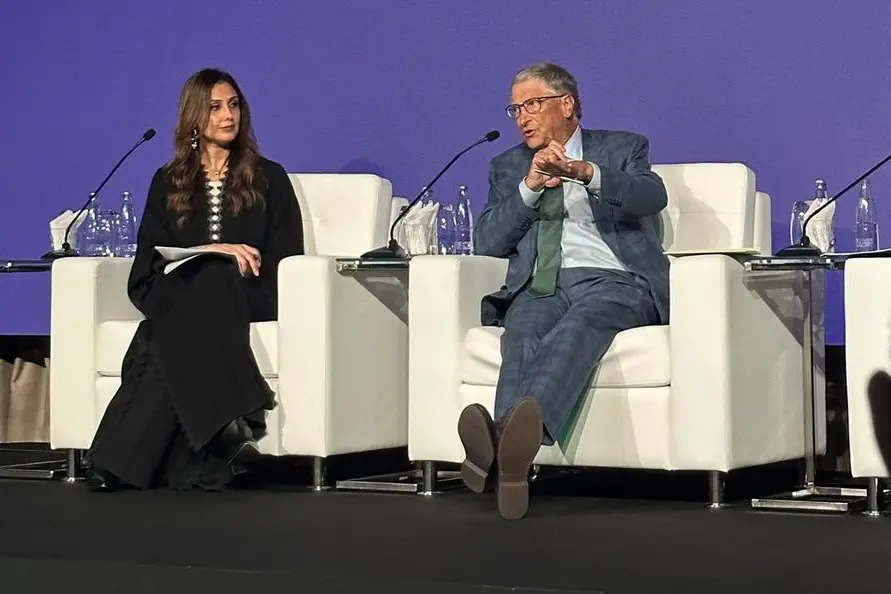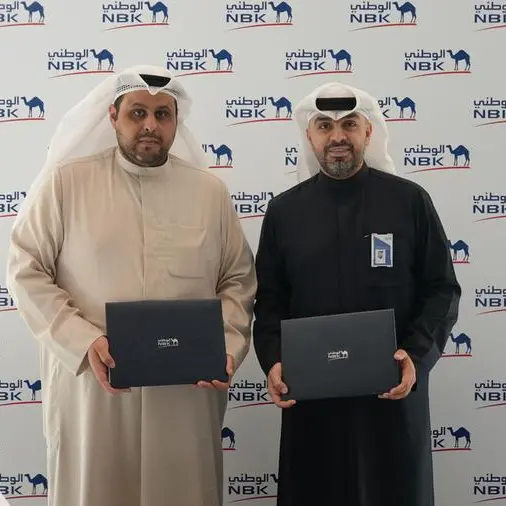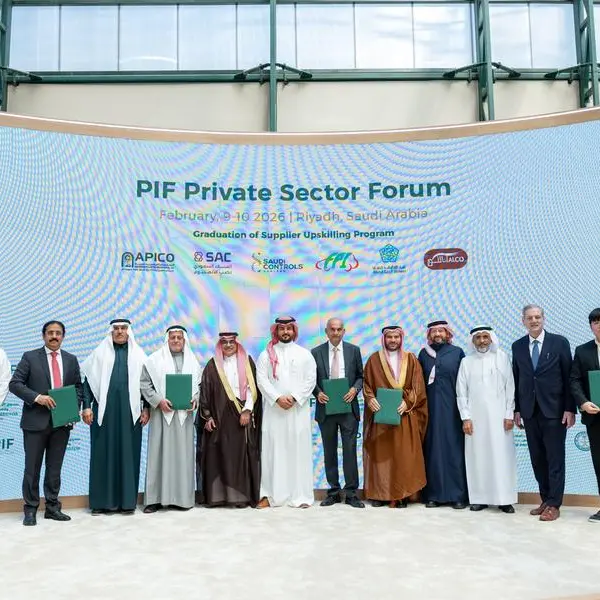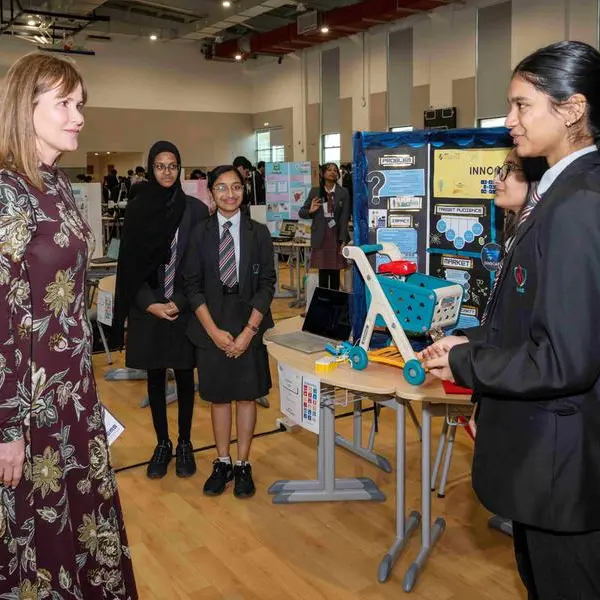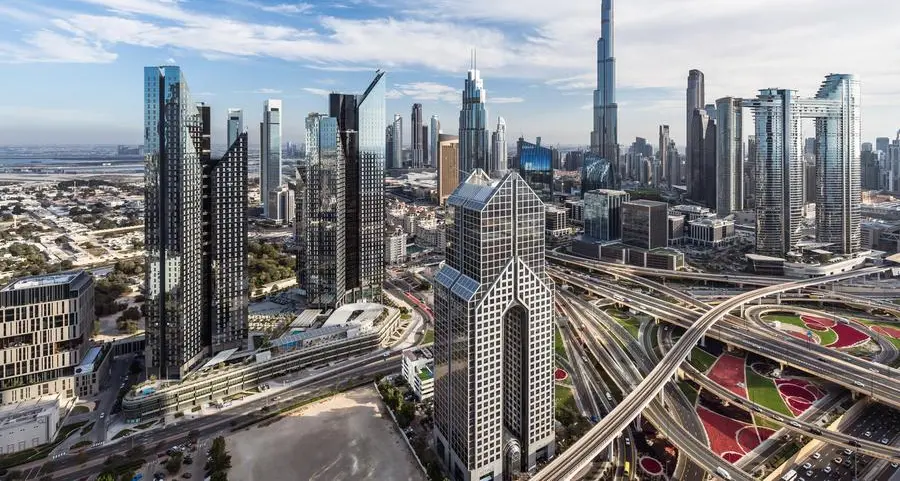PHOTO
- Speakers, including Ray Dalio, Bill Gates, H.E. Abdul Aziz Al Ghurair, Precious Moloi-Motsepe considered how targeted philanthropic giving can accelerate the pace of change
- The panel, moderated by Rima Al Mokarrab, Co-Chair of Ideas Abu Dhabi and Chair of Tamkeen, considered the specialized role of philanthropy in addressing global challenges, like the climate crisis
Abu Dhabi, UAE – Ideas Abu Dhabi (IAD), a flagship UAE thought-leadership platform organized by Tamkeen in association with the Aspen Institute, held its fifth edition during the United Nations Climate Change Conference (COP28).
IAD convened a group of leading philanthropists featuring Ray Dalio, Bill Gates, His Excellency Abdul Aziz Al Ghurair, and Precious Moloi-Motsepe. The high-profile speakers discussed the role of philanthropy and how it can be leveraged to support green growth, the strengthening of human capital, and the acceleration and refinement of research and development.
As part of a panel discussion titled ‘Unleashing the Catalytic Effect of Climate and Nature Philanthropy’ at the Business and Philanthropy Climate Forum, the speakers shared with a packed room of 400 delegates how private finance can trigger a multiplier effect in public and corporate investments in climate action. The panel, moderated by Rima Al Mokarrab, Co-Chair of Ideas Abu Dhabi and Chair of Tamkeen, tackled why scaling up strategic philanthropic capital flows is essential to confronting the affordability challenge of climate change, which requires trillions of dollars globally.
Bill Gates, Co-chair of the Bill & Melinda Gates Foundation, began the session by discussing how philanthropic capital fits into the wider economy, and the type of impact that it can have. “Philanthropy accounts for half a percent of the world's economy, and so it has a very specialized role to play.” Gates went on to lay out some of the unique ways that philanthropy can help to address the climate crisis for example investing in innovation, the development of policy, and funding open-source science. He also outlined the catalytic power of philanthropy.
"It is difficult to overstate the magnitude of the climate challenge faced by farmers and food systems. This is especially true in low-income regions, where the people who have done the least to contribute to climate change are suffering the most,” said Bill Gates. He explained “While there are many innovations available that could help farmers adapt to climate threats, there hasn’t been enough funding to make them widely available. By bringing private and public sectors together, we can ensure innovations in agricultural adaptation get the funding they need."
Ray Dalio spoke about the vital role of ocean conservation in climate action, he said: “The ocean is our biggest, most important, and least explored natural asset. We can’t think about climate and our environment without thinking about the ocean.” Dalio highlighted his passion for ocean exploration due to it being a critical natural resource, making up 72% of the world’s surface, that is still virtually undiscovered. He also emphasized the importance of philanthropists working in partnership with countries to better understand the environmental repercussions of blue economy activities, like underwater mining, on fragile marine ecosystems.
During the discussion, Precious Moloi-Motsepe spoke about how her experience as a doctor shaped her understanding of the urgent need for the African perspective to be taken into consideration by global researchers, especially due to the importance of understanding the local context. HE Abdul Aziz Al Ghurair spoke about how his philanthropic efforts have transitioned from gifting individual scholarships to a more macro effort to catalyze systemic change in the education system. HE Al Ghurair stated that by working with universities and the Ministry of Education he is able to scale the potential impact of the dollars gifted and to help equip the next generation to be able to address climate action.
Rima Al Mokarrab shared her thoughts on the urgent need to address climate change. She said: “At Ideas Abu Dhabi, we seek to harness diverse global perspectives to generate progress on our most pressing shared challenges. This forum has brought together leaders from across the world to share insights, exchange ideas and collaborate for the greater good.”
The latest edition of IAD exemplifies the UAE’s commitment to fostering an open exchange of ideas on the international stage and serves as a call to action for the world's most influential business leaders and philanthropists to advance their commitment to combating climate change. Since its inception in 2017, the annual forum has brought together more than 1,000 thought leaders and policymakers to address various global challenges, believing that collaboration is the cornerstone of progress and that meaningful change can only emerge when diverse perspectives and ideas converge.
For more information on Ideas Abu Dhabi, please visit our website www.ideasabudhabi.com.
Please refer to the enclosed quote sheet for quotes of all IAD speakers at COP28.
About Ideas Abu Dhabi
Ideas Abu Dhabi was established in 2017 as a Forum that welcomes global thinkers, visionaries, innovators, and policymakers to hold intimate dialogues around some of the world’s greatest challenges. Each year, Ideas Abu Dhabi hosts a forum where topics of global importance are discussed by panels of experts with diverse perspectives. To date, Ideas Abu Dhabi has convened more than 1,000 thought leaders for open dialogue and to foster cross-cultural collaboration. Ideas Abu Dhabi is hosted by Tamkeen in association with the Aspen Institute.
About Tamkeen
Tamkeen is an Abu Dhabi company that partners with leading local and international institutions to deliver projects that enrich the emirate’s social, cultural and educational landscape in support of its Economic Vision 2030.
About The Aspen Institute
The Aspen Institute is an educational and policy studies organization that has gained a reputation for gathering together diverse, nonpartisan thought-leaders, creatives, scholars and members of the public in order to address some of the world’s most complex problems. Based in Washington D.C., the Institute also has campuses in Aspen, Colorado, the Wye River on Maryland’s Eastern Shore and New York City.
